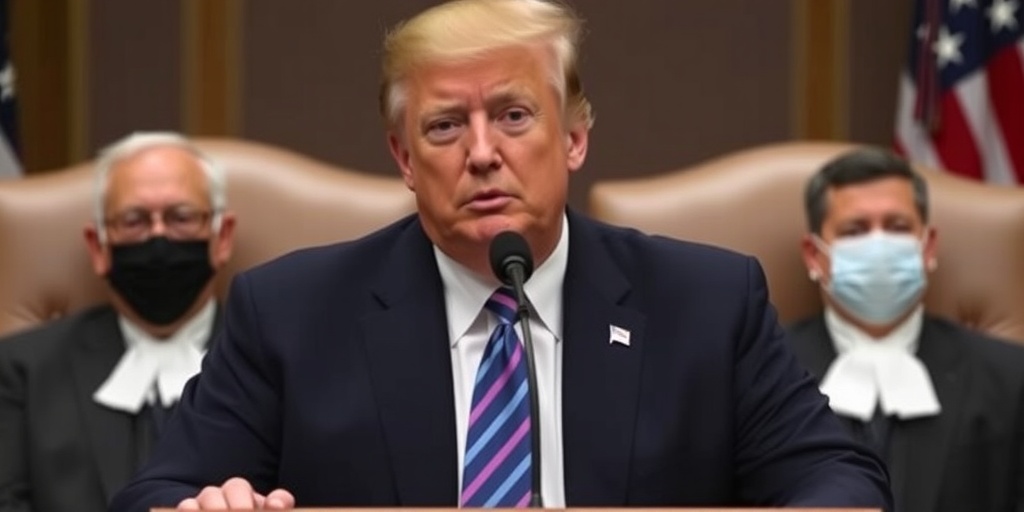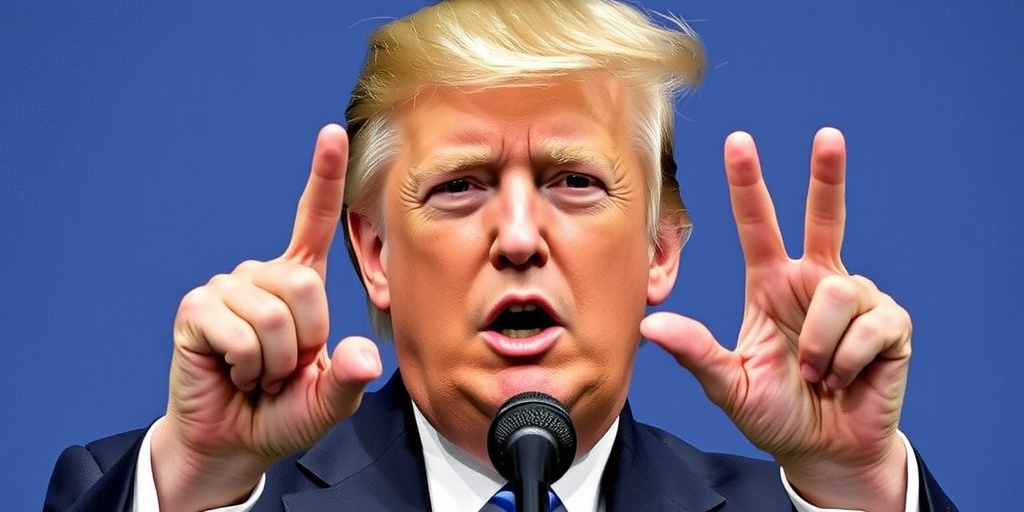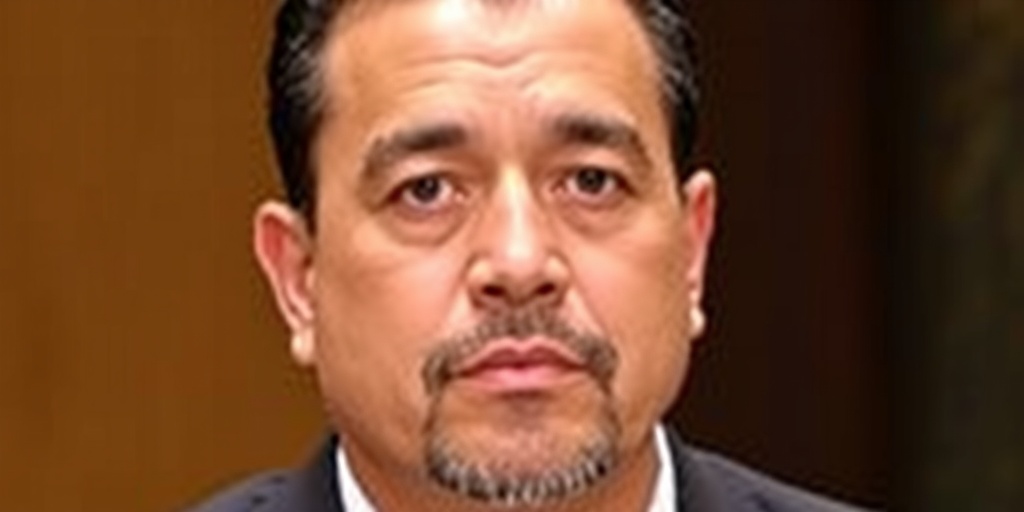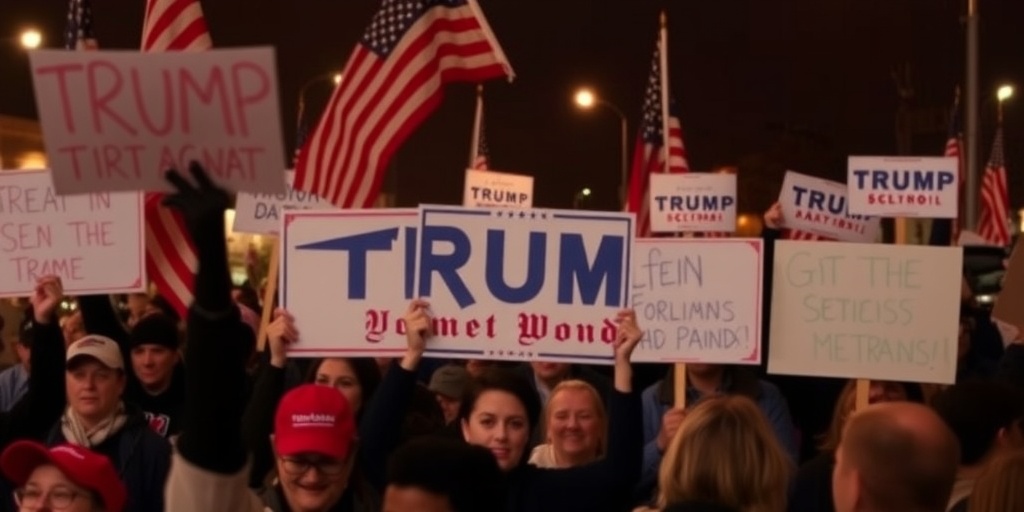Now Reading: Candidate Promised to Ban Congressional Stock Trading, Now Trades Freely in Office
-
01
Candidate Promised to Ban Congressional Stock Trading, Now Trades Freely in Office
Candidate Promised to Ban Congressional Stock Trading, Now Trades Freely in Office

Wealthy Pennsylvania Representative Faces Scrutiny Over Stock Trading Practices Despite Campaign Promises
In March, Rob Bresnahan, Jr., a prominent business executive and Republican representative from northeastern Pennsylvania, vocalized his commitment to combating perceived corruption in Congress. Writing in the Wilkes-Barre Citizens’ Voice, Bresnahan called for an end to stock trading among congress members, lamenting the eroded trust Americans feel toward their political leaders. “The trust our political leaders and institutions have from Americans is at a historic low and it’s easy to understand why,” he stated in his letter. He vowed to support legislation to ban such trading if elected, positioning himself as a reformer who would champion policies aimed at restoring faith in government.
However, once sworn in nearly four months later, Bresnahan’s actions have diverged significantly from his campaign rhetoric. Instead of introducing or co-sponsoring the promised legislation to prohibit stock trading among lawmakers, Bresnahan has engaged in extensive trading activities himself. According to Capitol Trades, a site dedicated to monitoring the stock market activities of lawmakers, he has executed an impressive 264 stock transactions since assuming office in January. His financial maneuvers include purchasing up to $1.7 million in stocks and selling up to $3.03 million worth of shares.
The issue of congressional stock trading has been a bipartisan concern for years, with lawmakers from various political backgrounds advocating for its prohibition. Many argue that members of Congress have access to critical information and insights, which creates an ethical gray area that could lead to conflicts of interest. Supporters of a ban include both far-right and progressive lawmakers, such as Republican Representative Chip Roy and Democratic Representative Alexandria Ocasio-Cortez. Despite broad public support, with roughly 75 percent of voters favoring a prohibition on individual stock trading by Congress members, tangible legislative efforts have stalled recently, especially following the departure of key Democratic advocates for the cause.
Bresnahan’s own trading practices raise eyebrows, particularly as he serves on the transportation and infrastructure committee. His stock purchases include notable companies like Caterpillar, a major player in construction and mining equipment, CXS, a railroad operator, and Boeing, an aerospace powerhouse. His trading history showcases overlaps with his committee’s areas of jurisdiction, leading critics to question the propriety and ethics of his actions.
During his campaign, Bresnahan took aim at his opponent, Democratic incumbent Matt Cartwright, highlighting Cartwright’s lack of support for legislation aimed at addressing the same stock trading practices he now engages in. Bresnahan’s claims during his campaign included a commitment to bipartisan reforms which now seem at odds with his reported activities.
Upon taking office, Bresnahan has refrained from signing onto significant bills such as the No Corruption In Government Act, which seeks to ban insider trading among lawmakers and their families, and the TRUST in Congress Act, which would mandate that lawmakers place certain financial assets into blind trusts. These legislative measures were seen as crucial steps in holding Congress to a higher ethical standard, something Bresnahan previously championed.
In his trading activities, Bresnahan has even engaged in transactions involving Alibaba, a significant e-commerce company with ties to the Chinese Communist Party, sparking concerns about transparency and the implications of such investments. Additionally, in a notable shift, he sold shares of Tesla that he had held since the previous year, which further complicates his narrative as a reform-minded politician.
Hannah Pope, a spokesperson for Bresnahan, argued that the representative’s non-involvement in his trading decisions absolves him of direct responsibility in the matter. Pope claimed that Bresnahan employs a financial advisor to manage his investment activities and that he does not know the details of the trades made on his behalf. She stated, "Like the overwhelming majority of Americans, Rob does not handle his own stock trading, and he never has." According to the spokesperson, the trade involving Alibaba was part of a broader strategy, and safeguards were instituted to prevent similar trades in the future.
However, critics like Donald K. Sherman, the executive director of Citizens for Responsibility and Ethics in Washington, question the integrity and transparency of Bresnahan’s stock trading activities, particularly in light of his previous commitments. Sherman remarked that such trading invites scrutiny and calls into question the motives behind lawmakers’ legislative efforts. He emphasized that, even in the absence of legal violations, lawmakers who seek to hold themselves to elevated ethical standards should consider abstaining from trading individual stocks entirely.
Bresnahan’s situation also underscores the broader conversation surrounding congressional stock trading that initially gained traction in 2020 amid revelations of lawmakers trading stocks based on sensitive information obtained from closed-door briefings related to the coronavirus pandemic. Even with significant public demand for an end to such practices, the momentum has waned recently, particularly following the exit of strong advocates like former representative Abigail Spanberger.
As discussions continue regarding the ethical obligations of lawmakers and public sentiment surrounding stock trading practices, observers note the importance of a representative like Bresnahan taking tangible steps to enact reforms. With a significant majority of voters supporting a ban on stock trading by Congress members, the prevailing question remains: will Bresnahan align his actions with the ideals he espoused during his campaign, or will his current practices continue to undermine public trust?
Stay Informed With the Latest & Most Important News
Previous Post
Next Post
-
 01New technology breakthrough has everyone talking right now
01New technology breakthrough has everyone talking right now -
 02Unbelievable life hack everyone needs to try today
02Unbelievable life hack everyone needs to try today -
 03Fascinating discovery found buried deep beneath the ocean
03Fascinating discovery found buried deep beneath the ocean -
 04Man invents genius device that solves everyday problems
04Man invents genius device that solves everyday problems -
 05Shocking discovery that changes what we know forever
05Shocking discovery that changes what we know forever -
 06Internet goes wild over celebrity’s unexpected fashion choice
06Internet goes wild over celebrity’s unexpected fashion choice -
 07Rare animal sighting stuns scientists and wildlife lovers
07Rare animal sighting stuns scientists and wildlife lovers





















